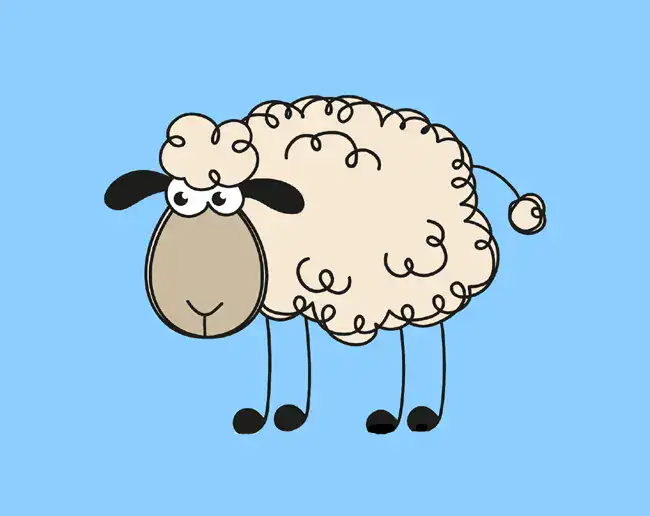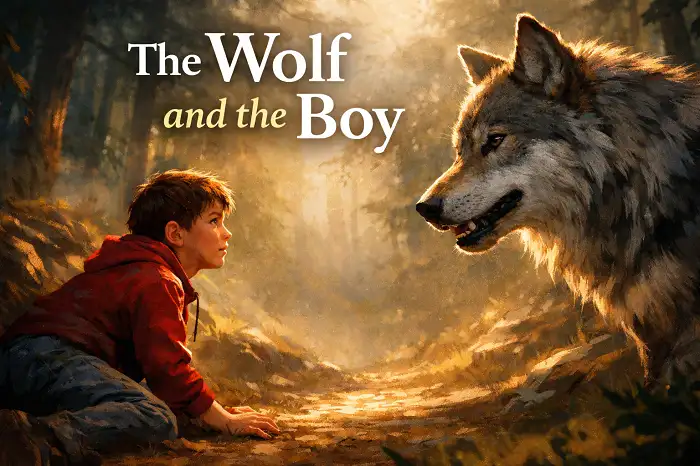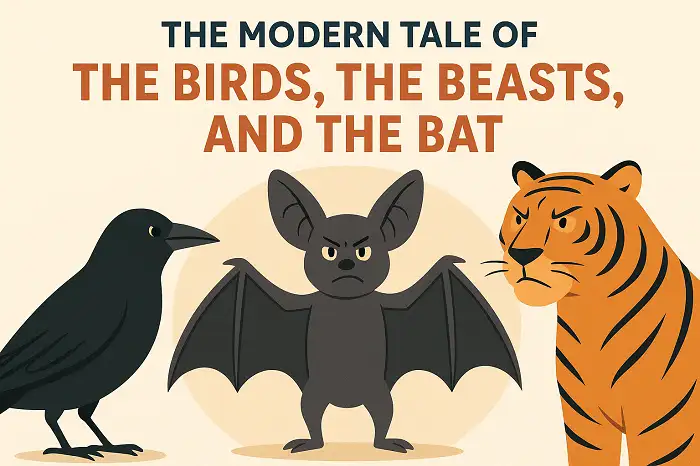The Wolf and the Lamb from Aesop for ESL students with a podcast and vocabulary practice in real context The Wolf and the Lamb is now in the public domain available on Gutenberg Project Podcast of the Wolf and the Lamb https://www.youtube.com/watch?v=xECoEu85Iyw The Wolf and the Lamb A wolf came upon a lamb straying from the flock, and felt some compunction about taking the life of so helpless a creature without some plausible excuse; so he cast about for a grievance and said at last: "Last year, sirrah, you grossly insulted me." stray: get lost, wander away flock: crowd or horde ...
Home » English Short Stories » The Wolf and the Lamb from Aesop for ESL Students

The Wolf and the Lamb from Aesop for ESL Students
Updated: by Dr. Mohammad Hossein Hariri Asl
Time to Read: 4 minutes | 506 Views | 2 Comments on The Wolf and the Lamb from Aesop for ESL Students
Share This Post
About the Author
Dr. Mohammad Hossein Hariri Asl is an English and Persian instructor, educator, researcher, inventor, published author, blogger, SEO expert, website developer, entrepreneur, and the creator of LELB Society. He's got a PhD in TEFL (Teaching English as a Foreign Language).
Number of Posts: 4242



The lesson from The wolf and the lamb by Aesop is that those who are stronger, may sometimes use their strength unfairly. In this story, the lamb brings honesty replying to the wolf, but the wolf was angry and didn’t care about the truth. He said, “It doesn’t matter. I’ll eat you anyway!” And he did.
Your interpretation of “The Wolf and the Lamb” perfectly captures the moral of the story. It illustrates how power can often be misused, with the strong imposing their will on the weak, regardless of fairness or truth. The lamb’s honesty and reasoning were no match for the wolf’s arbitrary aggression, emphasizing the harsh reality that might does not equate to right. This fable remains a timeless reminder of the injustices that can arise when strength is wielded without integrity or compassion.